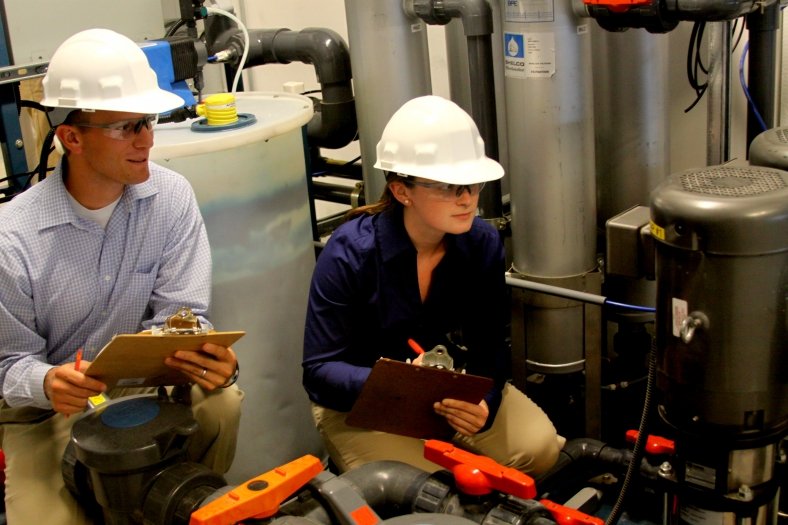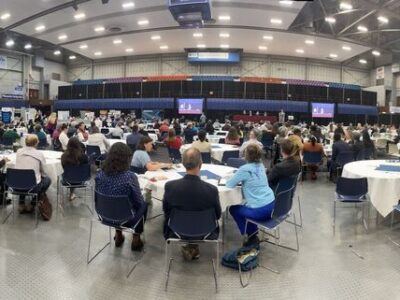Technologies and designs to make buildings more energy efficient are constantly evolving and advancing, which means professionals who work in the field must advance their knowledge and expertise. This reality requires training, resources — and money. The U.S. Department of Energy (DOE) aims to do its part by funding programs to train the next generation of clean-technology workers.
In November, the DOE announced that 10 universities were selected to receive an inaugural grant of $900,000 to establish a Building Training and Assessment Center (BTAC), Renewable Energy World reported. According to a DOE fact sheet, the goal is to train students and build a workforce that can bring modern building technologies to small businesses and school systems that otherwise might not have access to them. The funding — more than $40 million — is through the 2021 Bipartisan Infrastructure Law.
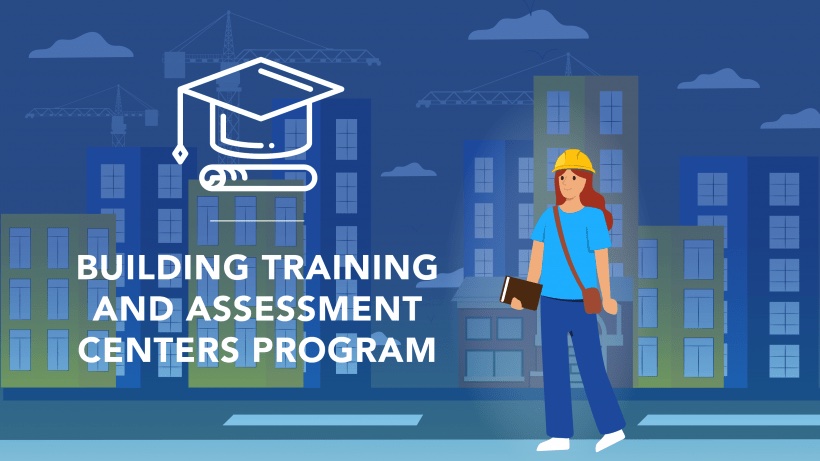
Photo Courtesy energy.gov
The 10 schools selected for the BTAC grants were New Mexico State University, Fayetteville State University, Michigan State University, Syracuse University, Texas Tech University, the University of Alabama, the University of Louisiana-Lafayette, the University of Miami, the University of Washington, and the University of Wisconsin-Milwaukee.
“DOE selected these universities based on their innovative and impactful plans to train individuals to deliver energy assessments to small businesses and K-12 schools,” a DOE spokesperson told Renewable Energy World. “The BTACs have robust community benefit plans they will use to train diverse individuals, place them into high-quality jobs, and deliver building assessments in disadvantaged communities.”
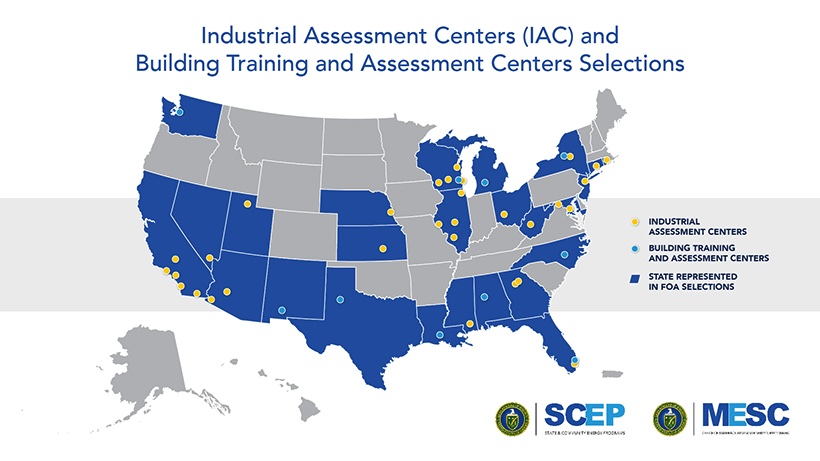
Photo Courtesy energy.gov
The BTAC program is part of a larger DOE initiative that also includes Industrial Assessment Centers (IAC). Both the BTAC and IAC are tasked with providing hands-on job training for clean energy careers while helping industrial, commercial, and institutional facilities save energy and reduce emissions.
“These programs … help small businesses save money and expand opportunities for disadvantaged communities to save energy and pursue high-quality clean energy careers,” the DOE said on its website.
Various funding opportunities were announced in April 2023, while the DOE’s selection of 27 projects was announced in November 2023 — 17 IACs and 10 BTACs.
The IAC program has been around for more than four decades. Since then, it has provided over 20,000 assessments at small- and medium-sized manufacturers (SMMs), which together make up more than 90% of the U.S. manufacturing base. The new IAC and BTAC awardees will work with hundreds of industrial facilities and buildings across 25 states, expand the existing network of 37 IACs, and launch the inaugural BTACs.
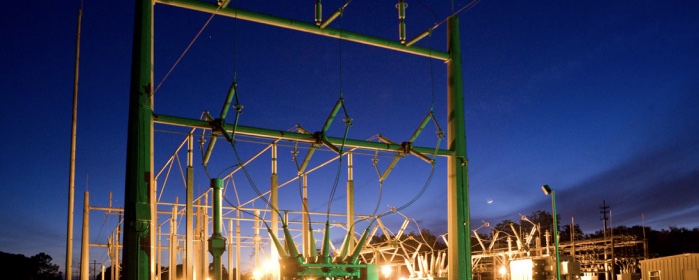
Photo Courtesy energy.gov
According to the DOE fact sheet, the BTAC program provides $10 million in grants to colleges and universities to institute building training and assessment centers that “identify opportunities for optimizing energy efficiency and environmental performance in commercial and institutional buildings.” The DOE is encouraging the BTACs to co-locate with the IACs.
According to the fact sheet, near-term BTAC program goals include the following:
- Train building professionals in energy-efficient design and operation to meet local and regional workforce demand.
- Provide energy-efficiency assessments and upgrades to improve the environmental performance of commercial and institutional buildings, especially those in areas that have been historically underserved.
- Train engineers, architects, building scientists, building energy permitting and enforcement officials, and building technicians in energy-efficiency design and operation.
- Promote research and development for using alternative energy sources and distributed generation to supply heat and power for buildings, particularly energy-intensive buildings.
Long-term goals include the following:
- Develop and deliver hands-on training for high-quality clean energy employment.
- Enhance performance and reduce emissions in the commercial building sector.

